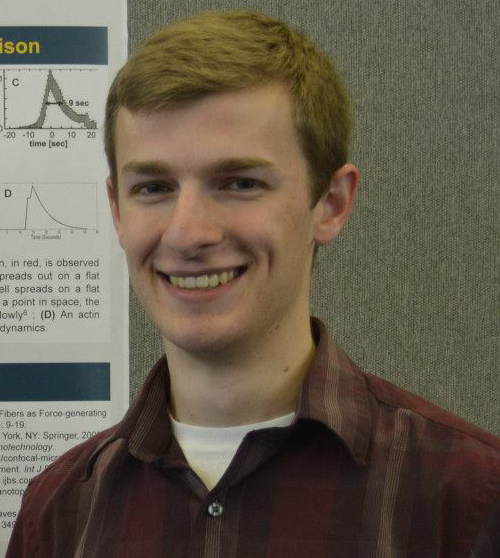Thoughts on Intuitive Thinking in a PhD
Intuitive thinking in an analytical world
There is a general acceptance that everyone faces challenges in their PhD. One of the things that I struggle with is that I find that I am far more of an intuitive thinker than analytical. I believe that analytical minds are generally praised in the physical sciences for their presumably rational approach. I am creative, but I lack methodical execution.
Even though I identify as a scientist/engineer, I often feel out of place. There is an art and science to engineering, and I seem to have missed the science aspect of the role. I find that my fruitless efforts always continue to disappoint my PI and myself whereas others who are more analytical never fail to impress. I have never considered myself as having imposter syndrome, but maybe this persistent feeling of disappointment and unbelonging is what others experience.
I can design and fabricate microfluidic devices knowing that what I care about the most is ensuring that I have enough surface area to process the sample of interest. What I don’t think about is other aspects of device characterization. The volume of the fluidic path isn’t important to me. The fluidic resistance, operating pressure, and flow rates aren’t really a concern either.
Based off of my previous experience, I know that I can achieve suitable flow rates within a reasonable input pressure without encountering device failure. Sure, it will take some tuning, but it’ll get there in the end. The geometries of the device are familiar to me and there isn’t really anything new or unusual. So, when I’m questioned about the details of the device and its characterization, I feel like a moron. I feel dismayed. Based off of intuition, I know this device will function as I expect, but I didn’t even consider doing basic characterizations.
I can’t say that my experience is applicable to other intuitive thinkers in these fields, but I wanted to ask Gemini why people with this mentality might struggle in a PhD. A summary of the LLM horoscope, err, output is here:
- Observations:
-
- Intuitive thinkers prefer big picture thinking and exploring possibilities.
-
- They struggle with analysis paralysis, narrowing down research questions, and progressing with data analysis.
-
- They prefer flexible approaches and struggle with meticulous attention to detail and systematic approaches.
-
- They crave novelty and intellectual stimulation and may struggle with the slow pace of a PhD.
- Recommended strategies for overcoming these challenges include:
-
- Developing a structured approach to research
-
- Seeking feedback and guidance from mentors and peers
-
- Setting clear goals and deadlines
I think the observations are accurate for the most part. I like big pictures, I often generally lack confidence in analysis, I lack a systematic approach, I crave intellectual stimulation.
Personal strengths and weaknesses
- Strengths:
-
- Organization
-
- Planning
-
- Teaching
-
- Building
-
- Creativity / Fusing ideas
- Weaknesses:
-
- Asking for help
-
- Meticulous adherence to an extended protocol when one exists
-
- Applying formalisms and thorough analysis
-
- Social integration with peers
-
- Remaining engaged despite serial failures
How to build an analytical mindset?
Both analytical and intuitive mindsets are required to succeed here and it is important to strengthen analytical skills while not abandoning intuitive approaches as well.
Most of my problem solving skills are from experience. Bike repair, vehicle repair, circuit design, machine design, software development. These were all self-taught without any formal training. I learned how to become proficient by trying things and iterating as lessons were learned. There weren’t any formalisms. When something didn’t work out, I looked into how others approached the problem and adapted. In my PhD, no one else is doing exactly what I am doing and the institutional knowledge for how to approach the technical problems I face isn’t present. I believe the ideas I have are sound, but the execution is lack luster.
Perhaps the question of how to improve an analytical mindset can be broken down into two parts:
- How to consistently consider and apply formalisms to my work; and
- How to solve problems when a pool of knowledge isn’t available.
I believe these are strongly related. If you are trying to solve a problem with an unknown solution, it is important to understand the fundamentals and the current theory for how things behave. There are models that exist to describe the dynamics or this is an opportunity to create knowledge for society if there aren’t.
I need to better understand the theory that underpins my work at a level that is less intuitive and more formal. By better understanding the theory, I will model and characterize systems more reflexively. I can predict the outcomes of my actions and identify sources of error when things inevitably vary from the theory.
I don’t think this approach will address my social weaknesses, but I do expect them to help with my analytical, meticulous, and perseverance faults.
This is a good direction to start and I might follow up later to reflect on progress or other approaches.

Leave a Comment
Comments are moderated. Email won't be published. All fields are required. *